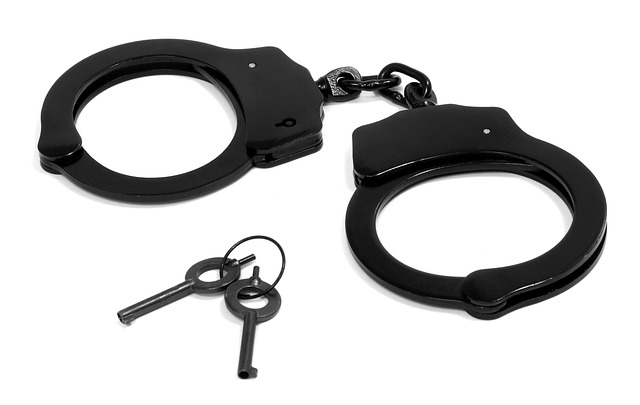From my America Out Loud Pulse podcast with Dr. Renée S. Kohanski – https://www.americaoutloud.news/renee-s-kohanski-md-forensic-psychiatry/
Today we are going to seriously talk about psychiatric issues in crime. First, let me do some venting.
I think it’s a crime that people are punished for so-called microaggressions while bad guys committing macroaggressions, like burglarizing stores and assaulting people, face no consequences. In 2014, the foolish California electorate passed Proposition 47 that was supposed to reduce prison overcrowding by making it so a person can steal up to $950 and only be charged with a misdemeanor. There is no jail time and no requirement for bail. The criminals are free to commit more crimes. The theft flash mobs are spreading across the country in high-end neighborhoods. Moral codes have flown out the window—not only for the perpetrators but for some of these Soros-funded district attorneys.
I remember during the 1992 presidential election when Bill Clinton returned to Arkansas to oversee the execution of Ricky Ray Rector. Mr. Rector indeed murdered someone but was so mentally disabled at the time of the execution due to a suicide attempt by a gunshot wound to the head. This execution was particularly memorable: when the guards asked him whether he was finished with his meal, he said he would save the pecan pie “for later”. Ten years later, the Supreme Court ruled that putting mentally retarded people to death was “cruel and unusual”, and therefore unconstitutional.
Some criminologists question whether all murderers are mentally ill. After all, taking a human life is a grossly abnormal thing to do. (I’m not talking about protecting oneself or others or sadly, war). Many of us might have imagined killing someone in anger but would never actually do it. The Bureau of Justice Statistics (BJS) estimated that over 50 percent of inmates suffer from a significant mental condition. And that number is 80 percent for death row inmates. Some psychologists say it is not the mental illness, but the attendant substance abuse, living in high crime neighborhoods, low income, and similar social factors.
I’m not a fan of the death penalty. Physicians are not supposed to kill people. Moreover, too many people have been exonerated after many years of incarceration. If the wrong man was executed, death is irreversible. And the death penalty costs too much money. Up to 10 times more money (our tax dollars) is spent on death penalty cases than to house someone for life without parole. According to BJS, as of 2019 the average stay on death row is 19 years. In California, more death row inmates have died from natural causes or suicide than from executions since 1978.
If we want maximum accountability, there’s always Pelican Bay and the like. At Pelican Bay, half the inmates are in the Security Housing Unit (SHU) and are confined to their assigned cells for up to 22 hours a day. Correctional officers deliver food through a slot in the cell door. That sounds pretty grim to me.
My guest and I will discuss crime, punishment, and mental health.
Bio
Dr. Renée S. Kohanski, MD is a board-certified psychiatrist with fellowship training in forensic psychiatry. She completed her residency at Georgetown University where she served as Chief Resident and her fellowship at the William S. Hall Psychiatric Institute at the University of South Carolina. Dr. Kohanski has enjoyed a broad-based practice in academic, community, and forensic psychiatry. She has been a board examiner for the American Board of Psychiatry and Neurology, an Assistant Clinical Professor of Psychiatry at the Medical College of Georgia and the University of Connecticut schools of medicine. She has also served on the Editorial Advisory Board of MDEdge Psychiatry. Dr. Kohanski currently serves on the Board of Directors for the American Association of Physicians and Surgeons.


